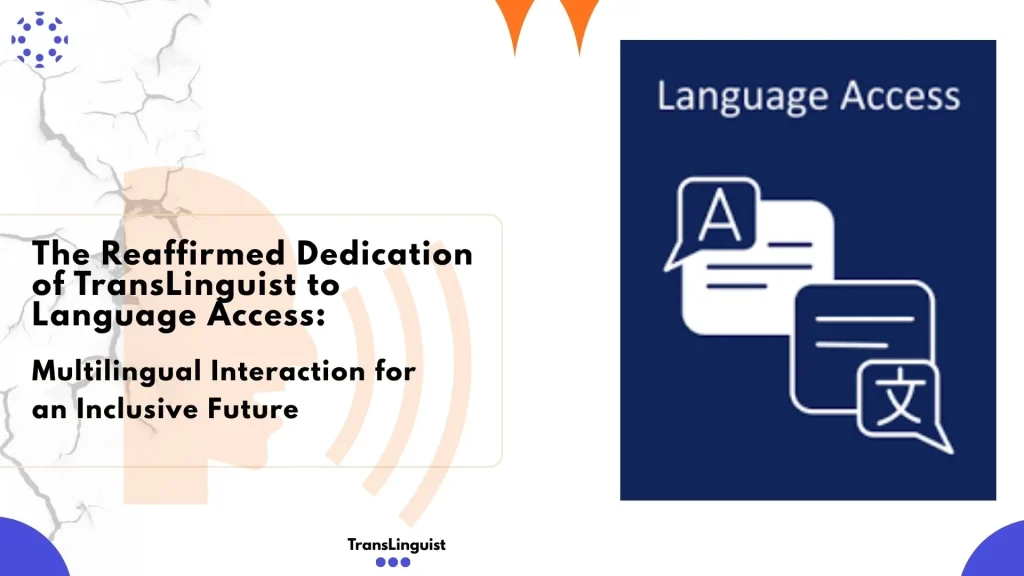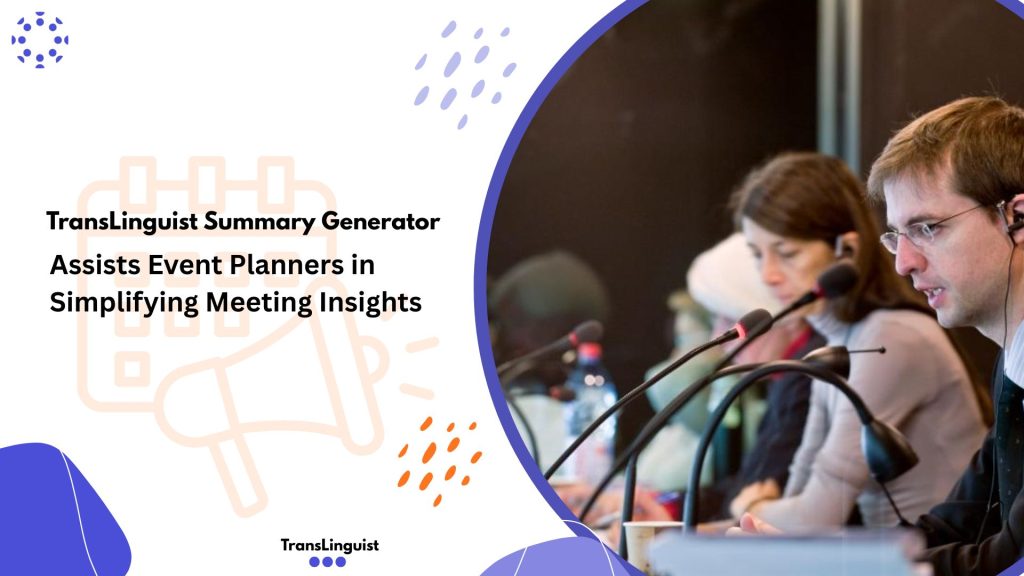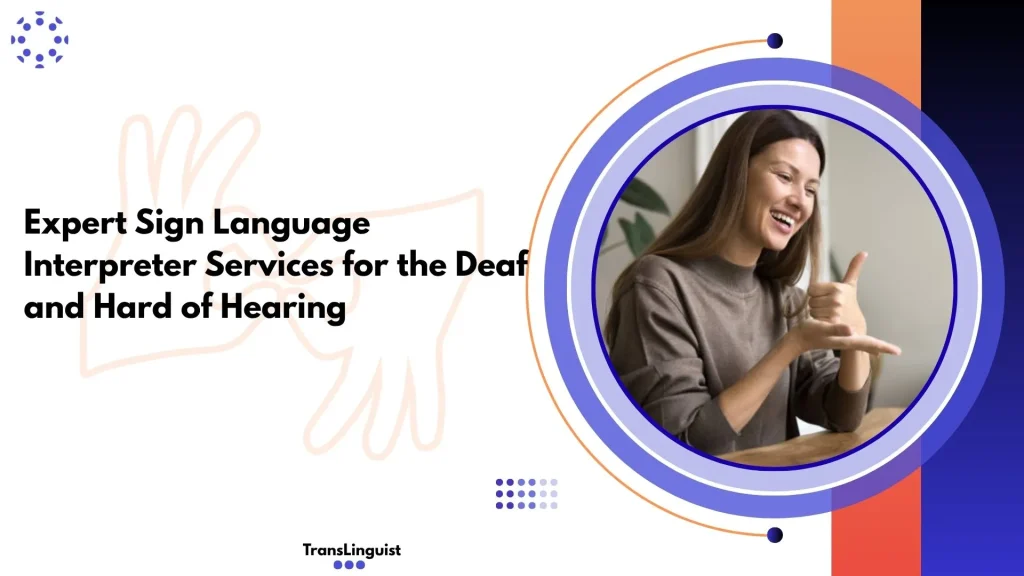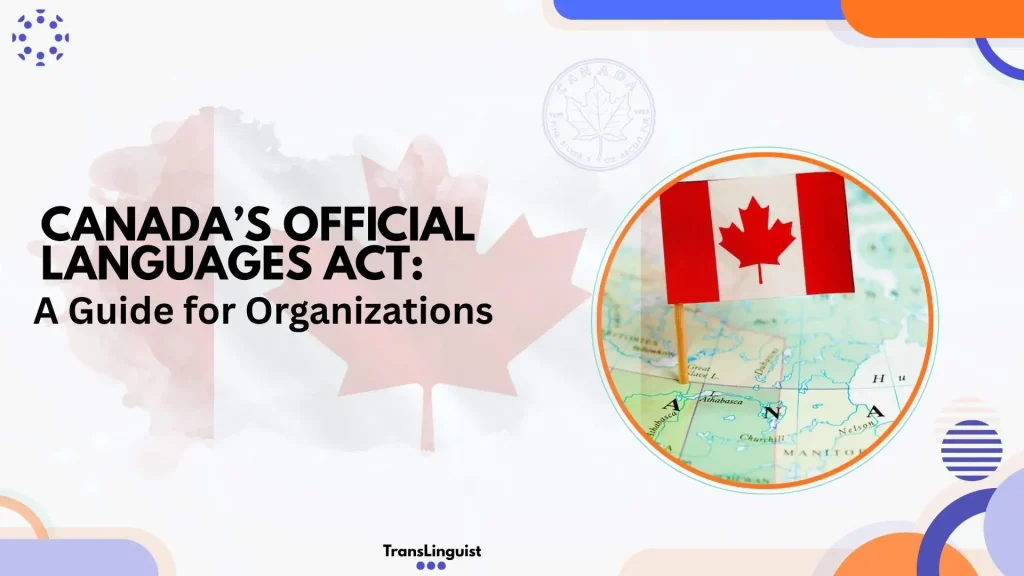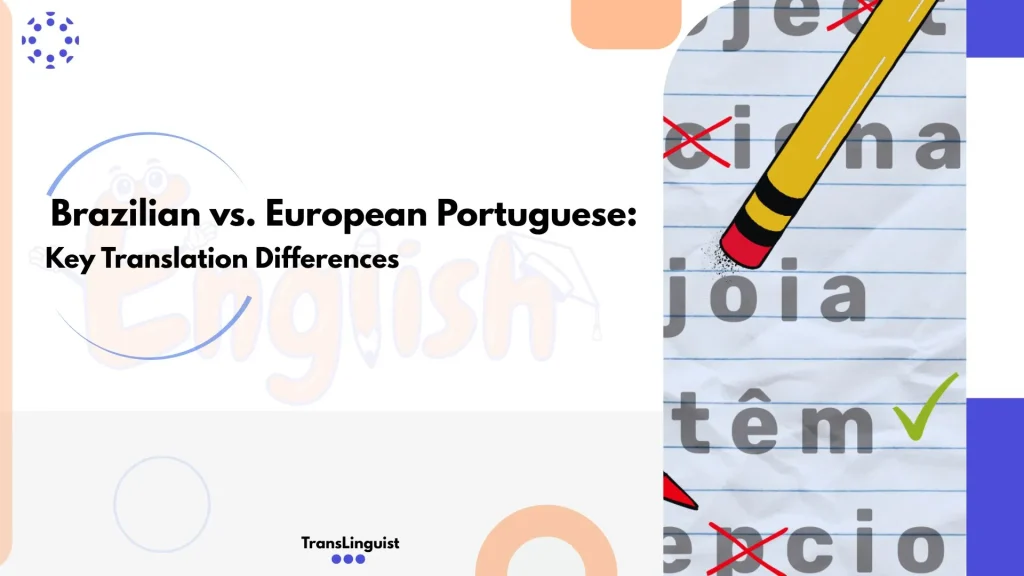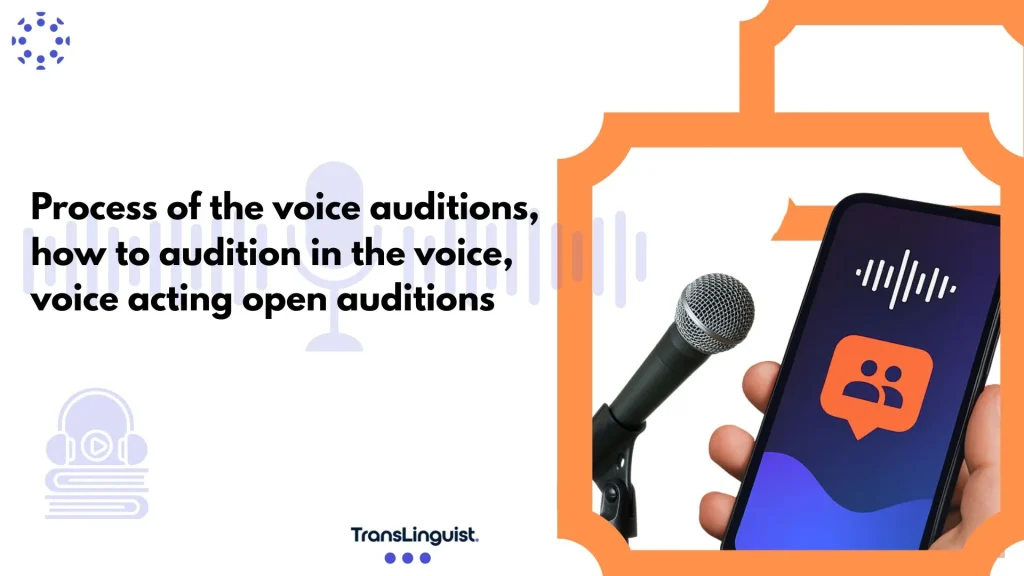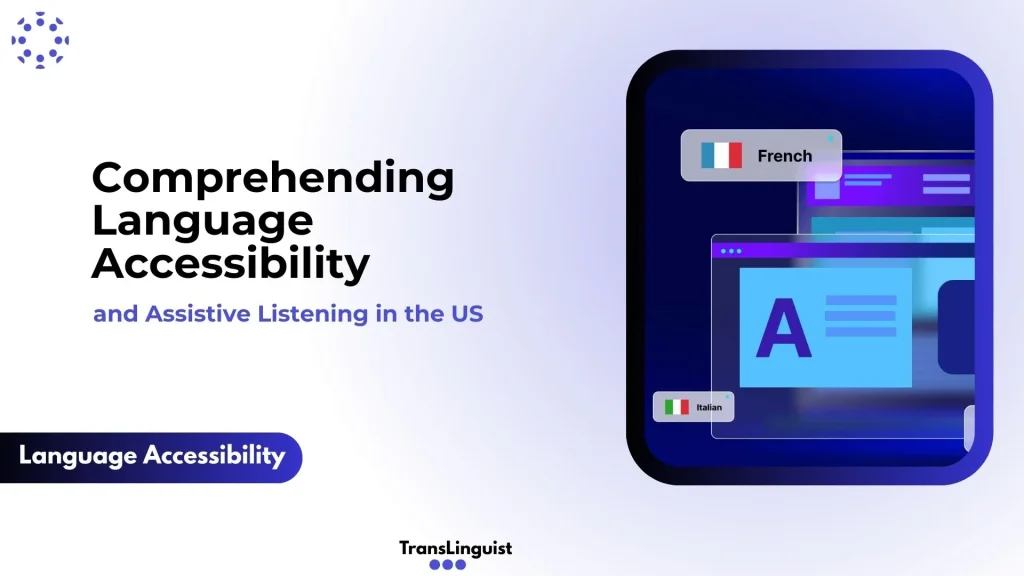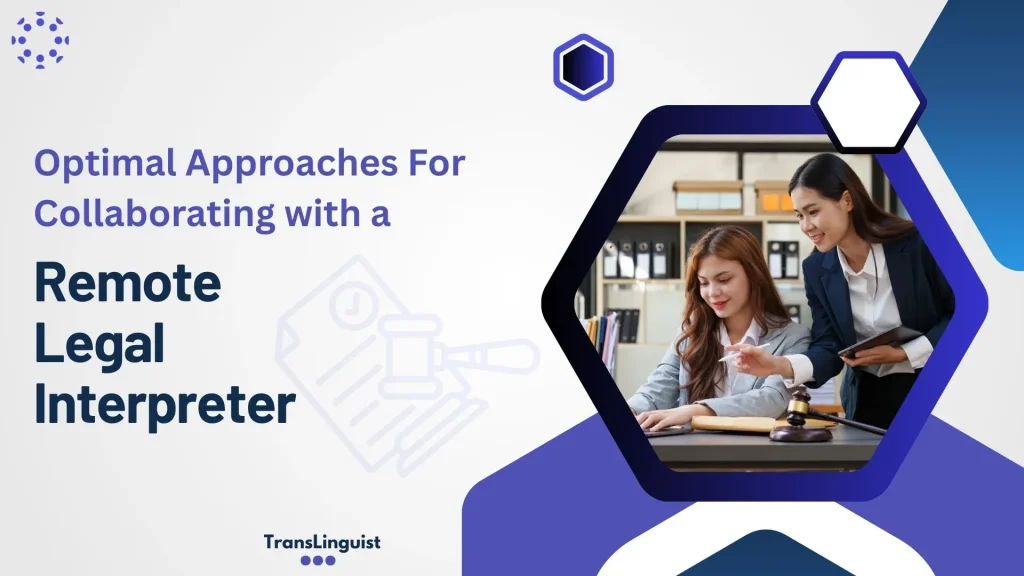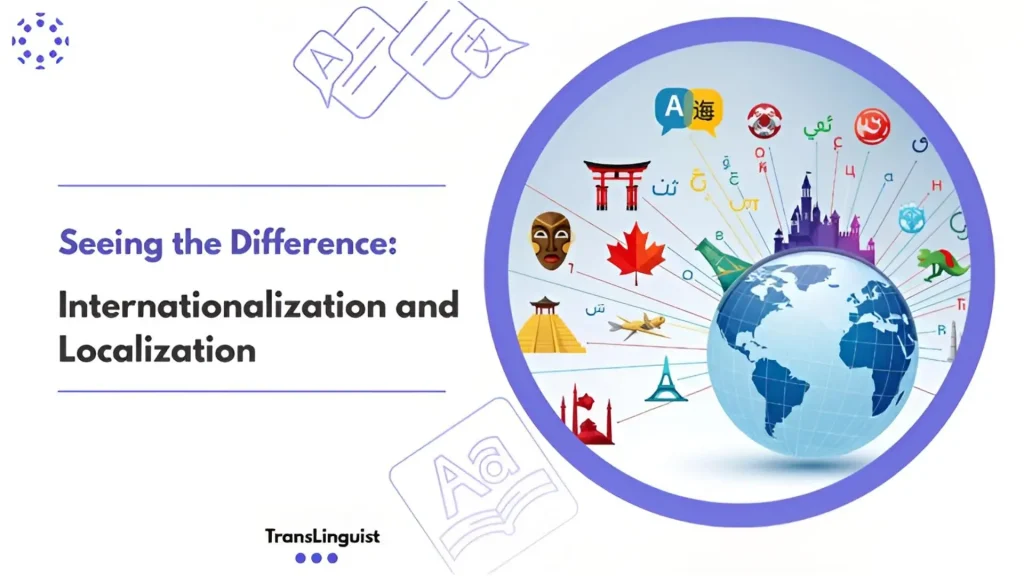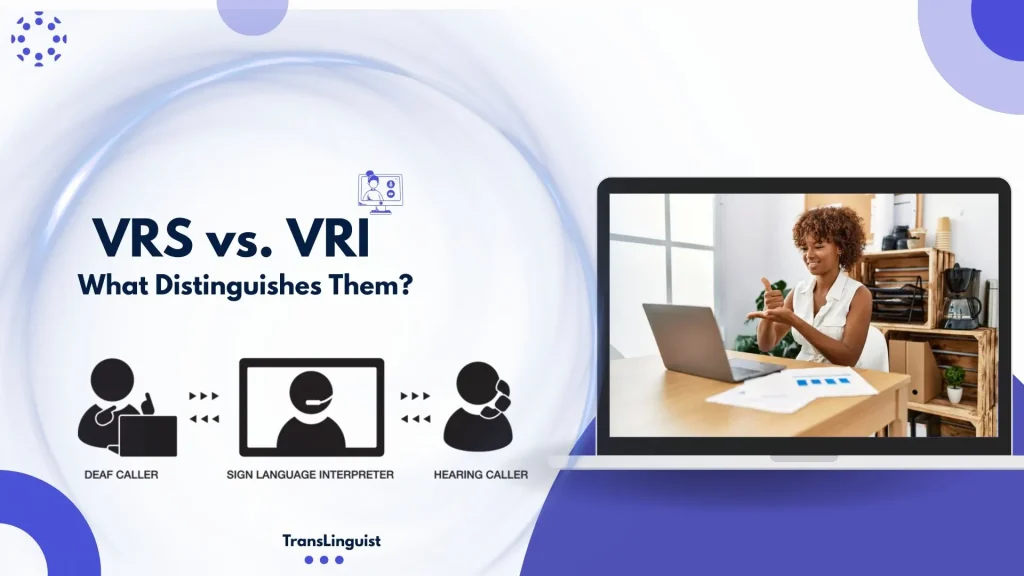The Reaffirmed Dedication of TransLinguist to Language Access: Multilingual Interaction for an Inclusive Future
TransLinguist is centering Multilingual Interaction for an Inclusive Future in everything we build and deliver. From real-time speech translation to live captions to expert interpreting, our goal is simple and demanding. Put language access inside the tools teams already use, keep quality measurable, and make inclusion feel effortless. In 2025, that commitment shows up in […]
